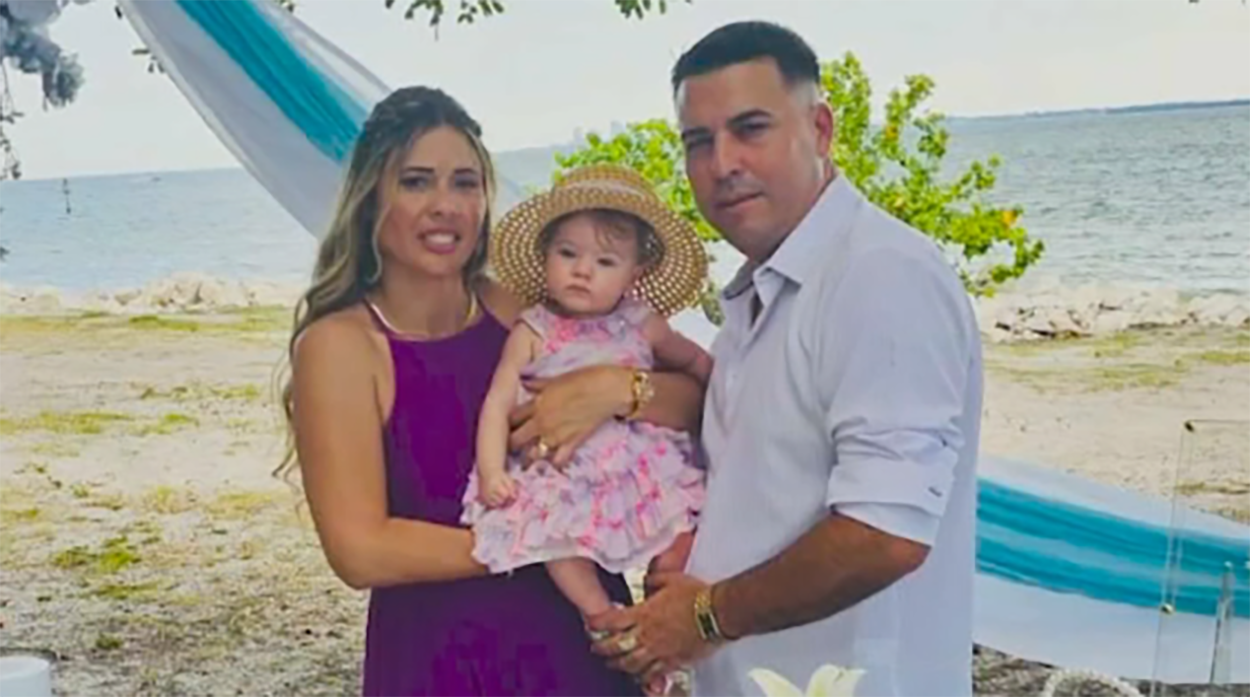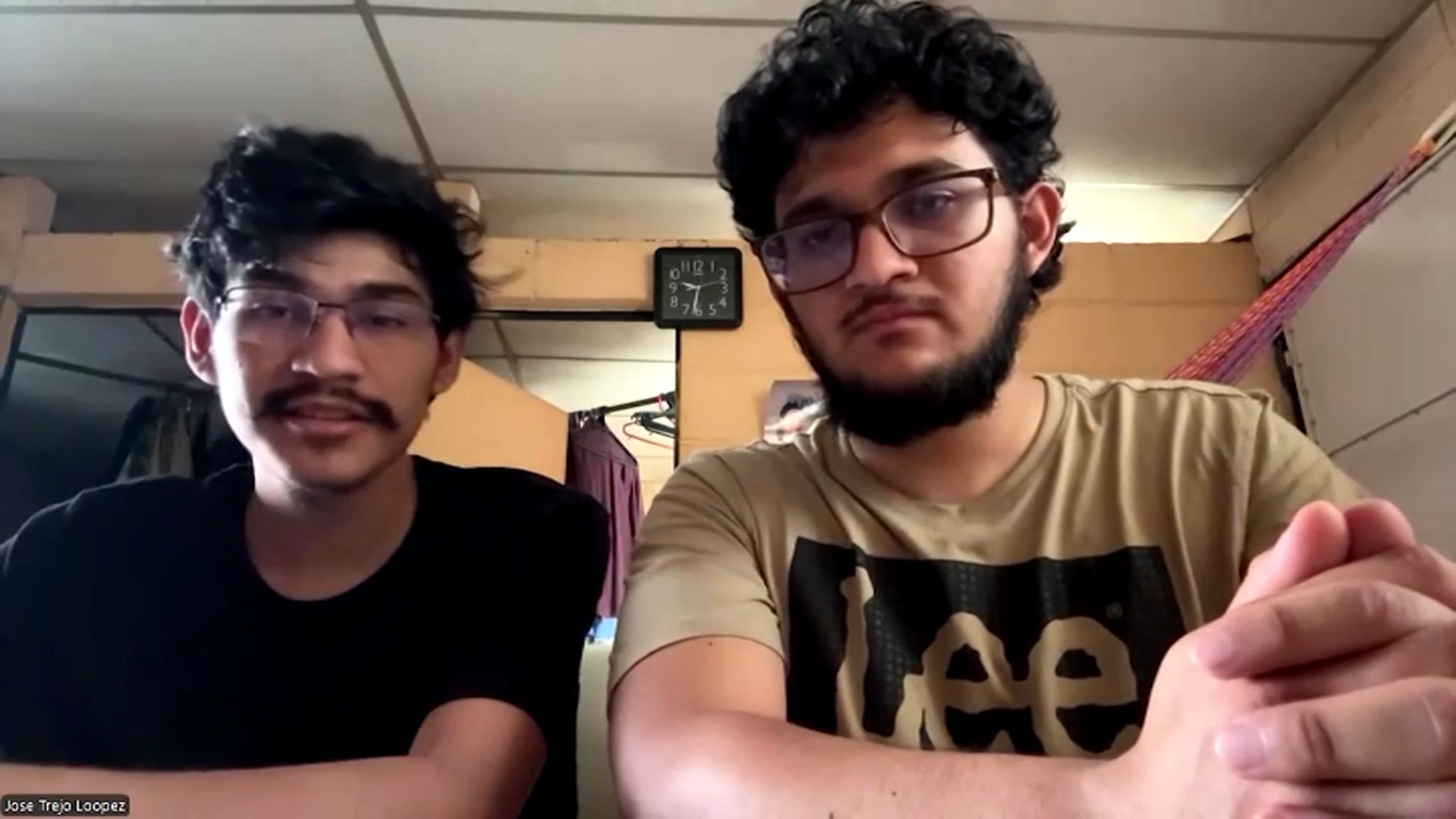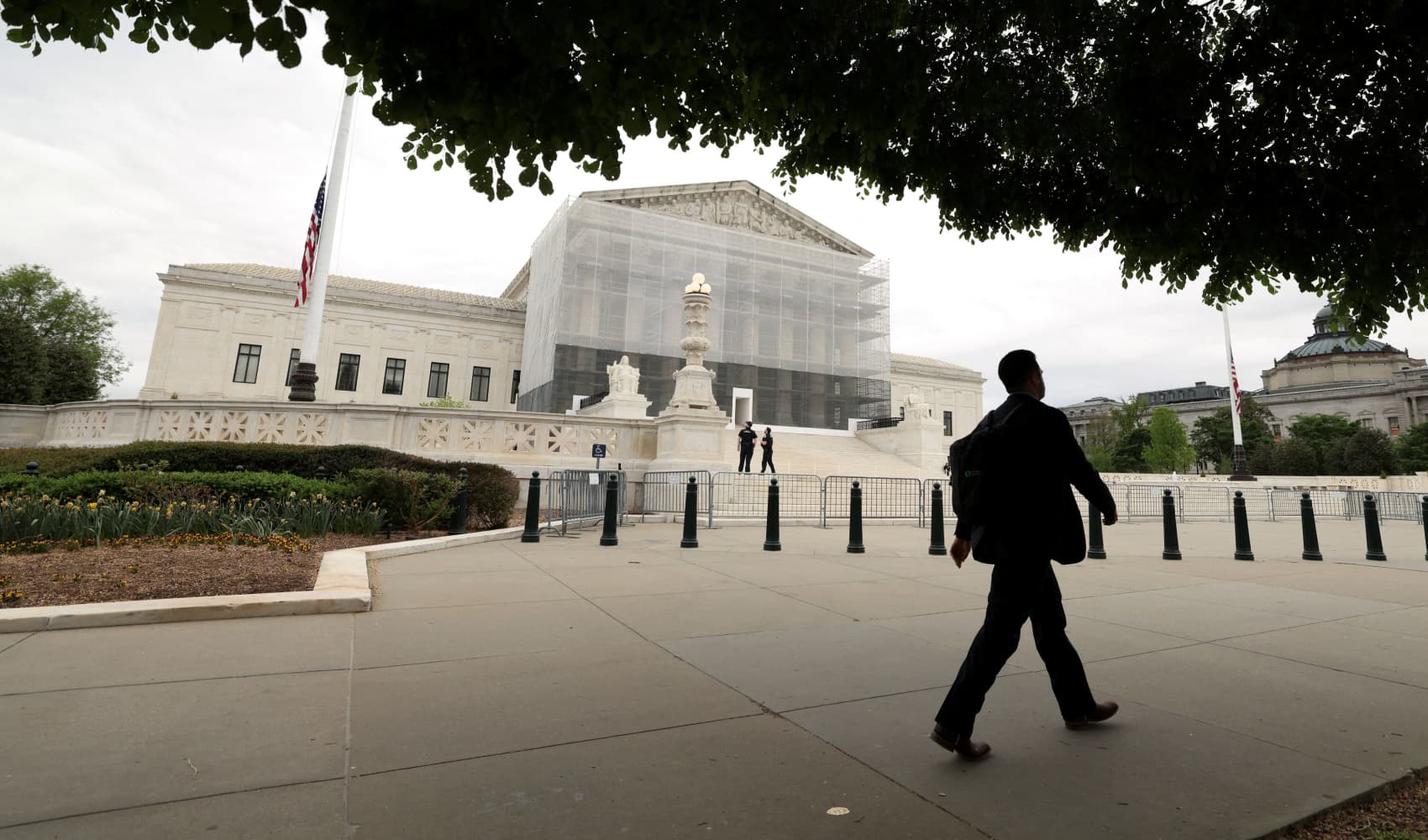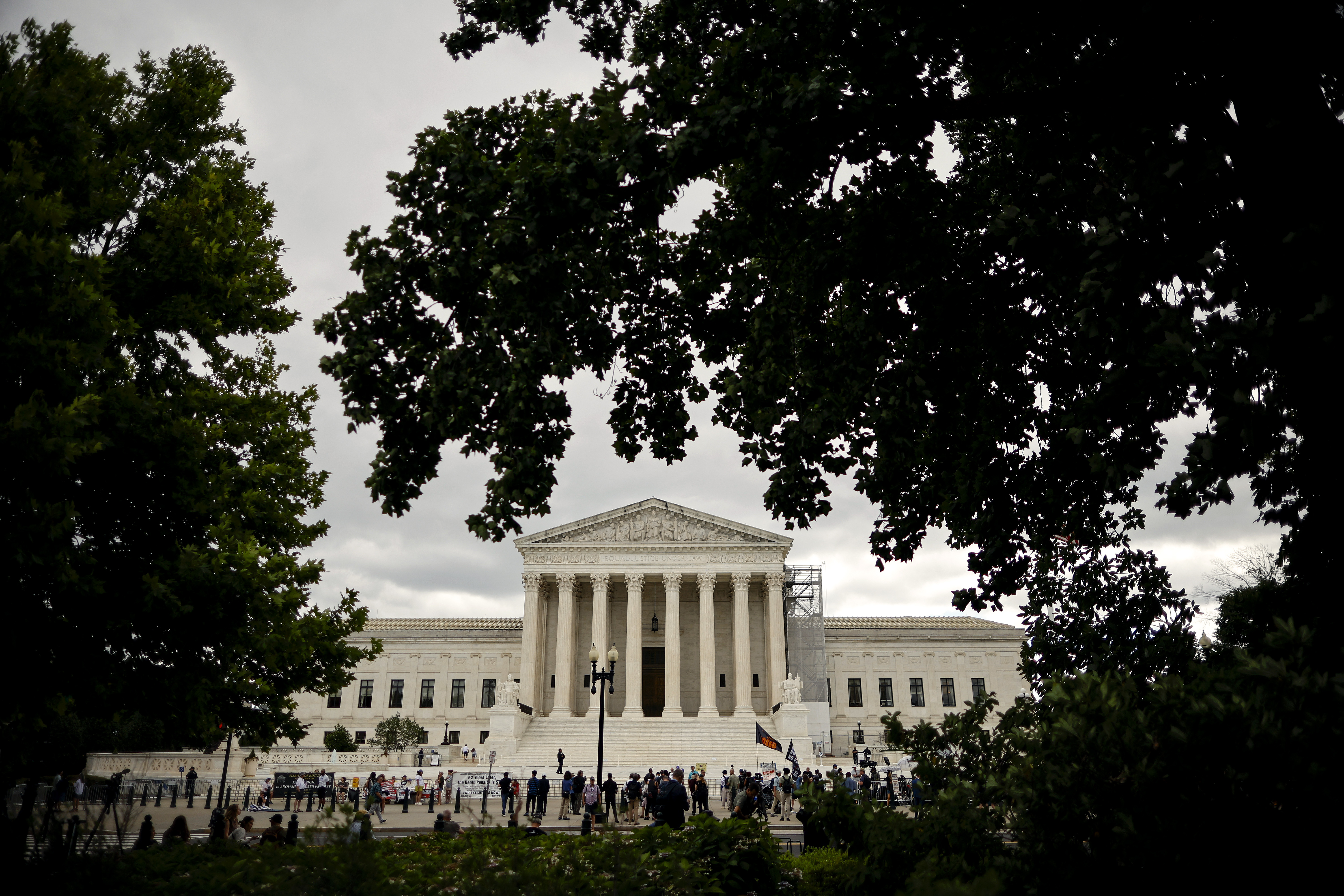2-Year-Old US Citizen Deported? Judge Alleges Due Process Failure!
Judge Alleges 2-Year-Old US Citizen Wrongfully Deported: A Legal Quagmire
Introduction: A Startling Accusation of Deportation Without Due Process
Imagine this: a sunny day turns stormy when you learn that a two-year-old, a U.S. citizen by birthright, was allegedly deported with her mother to Honduras. This isn't some far-fetched movie plot; it's a real-life legal drama unfolding in Louisiana, and it’s raising serious questions about due process and the rights of American citizens, even the tiniest ones. A federal judge, Terry Doughty, is calling foul, suggesting that this deportation happened "with no meaningful process." Let's dive deep into this case and explore what it means for everyone.
A Judge Raises the Alarm: What Happened in Louisiana?
According to the judge's order, the two-year-old was sent to Honduras along with her mother, who had a deportation order against her. The core issue? The judge suspects the child, a US citizen, was essentially swept up in her mother's deportation without any individual assessment of her rights. Think of it like this: you wouldn't punish a child for their parent's misdeeds, would you? The same principle applies here, amplified by the child's citizenship.
The Mother's Wishes: A Complicated Factor
“The Government contends that this is all okay because the mother wishes that the child be deported with her,” Judge Doughty wrote. But here's the million-dollar question: can a parent waive the constitutional rights of their U.S. citizen child in this context? The judge clearly isn't convinced, stating, “But the Court doesn’t know that.” That single sentence highlights the heart of the legal problem: the lack of independent verification of the mother's intentions and the child's best interests.
A Race Against Time: The Timeline of Events
The court's frantic efforts to intervene paint a picture of urgency and potential oversight. A call to a government lawyer at 12:19 p.m. revealed the mother and child were already on a plane. By 1:06 p.m., they were reportedly in Honduras. This rapid sequence of events raises concerns about whether there was sufficient time to properly evaluate the situation and ensure the child's rights were protected.
The May 16 Hearing: Seeking Answers and Justice
Judge Doughty scheduled a hearing for May 16, stating its purpose is "In the interest of dispelling our strong suspicion that the Government just deported a U.S. citizen with no meaningful proce..." The sentence was truncated in the original report, but the implication is clear: the court wants to determine if a grave injustice has occurred and, if so, what can be done about it.
Citizenship Rights: The Cornerstone of the Case
Birthright Citizenship: A Constitutional Guarantee
The Fourteenth Amendment to the U.S. Constitution guarantees birthright citizenship to anyone born on American soil. This means the two-year-old is entitled to all the rights and protections afforded to any other U.S. citizen.
What Protections Are US Citizens Entitled To?
- Due process of law
- Equal protection under the law
- The right to travel
- The right to reside in the United States
These rights are not automatically waived simply because a parent is facing deportation.
Due Process: More Than Just a Buzzword
What Does "Due Process" Really Mean?
Due process, at its core, means fairness. It requires the government to follow established legal procedures before depriving someone of life, liberty, or property. In this case, it would mean a meaningful opportunity to be heard regarding the child's situation. It also includes the opportunity to establish whether the mother's actions are truly voluntary.
Why Is Due Process So Important?
Without due process, the government could act arbitrarily and capriciously, potentially violating fundamental rights. Imagine if the police could arrest you without explanation or trial – that's the kind of arbitrary power due process is designed to prevent.
The Role of the Government: Balancing Security and Rights
The Government's Perspective: Enforcing Immigration Laws
The government has a legitimate interest in enforcing immigration laws and deporting individuals who are not authorized to be in the country. However, this interest must be balanced against the constitutional rights of U.S. citizens.
Potential Oversight: Did the Government Fail to Protect the Child's Rights?
The judge's order suggests the government may have prioritized the mother's deportation over the child's rights as a U.S. citizen. This raises questions about whether proper procedures were followed and whether sufficient consideration was given to the child's best interests.
Legal Precedents: What Does the Law Say?
Previous Cases: Similar Situations in the Courts
Cases involving the rights of citizen children in deportation proceedings are not entirely new. Courts have grappled with similar issues, often focusing on the best interests of the child and the potential impact of separation from their parents. The legal landscape is complex and often fact-specific.
The "Best Interests of the Child" Standard: A Key Consideration
In many legal contexts, courts consider the "best interests of the child" as a paramount concern. This standard would likely be relevant in this case, requiring the court to consider what outcome would best serve the child's well-being and future. If the child were to stay in the US, would there be a caretaker able to see to the child's needs? If not, could that be the government's argument for deporting the child with its mother?
The International Dimension: What Happens in Honduras?
The Child's Welfare in Honduras: Safety and Security Concerns
Honduras faces significant challenges, including poverty, crime, and violence. The child's well-being in Honduras is a legitimate concern, particularly if she lacks family support or access to resources.
Potential Legal Challenges: Can the Child Return to the US?
Even if the child is currently in Honduras, legal avenues may exist to challenge the deportation and seek her return to the United States. This could involve filing a lawsuit in U.S. court or pursuing diplomatic channels.
Public Reaction: Outrage and Concern
Social Media Outcry: The Power of Online Activism
This case has sparked outrage and concern on social media, with many people expressing support for the child and calling for accountability. Social media can play a powerful role in raising awareness and putting pressure on the government to take action.
Calls for Investigation: Demanding Transparency and Accountability
Some are calling for a full investigation into the circumstances surrounding the deportation, demanding transparency and accountability from the government. The public has a right to know what happened and whether appropriate procedures were followed.
The Bigger Picture: Implications for Immigration Policy
Potential for Abuse: Are Other Children at Risk?
This case raises concerns about whether other U.S. citizen children could be at risk of similar deportations without due process. It highlights the need for clear policies and procedures to protect the rights of children in immigration proceedings.
The Need for Reform: Strengthening Safeguards for Citizen Children
Some argue that this case underscores the need for immigration reform to strengthen safeguards for U.S. citizen children, ensuring their rights are protected and their best interests are considered in all decisions. Reform could involve legislative changes or policy directives from the executive branch.
Conclusion: A Case That Demands Scrutiny
The alleged deportation of a two-year-old U.S. citizen without due process is a deeply troubling situation that demands careful scrutiny. Judge Doughty's concerns are valid and warrant a thorough investigation. This case highlights the importance of safeguarding the constitutional rights of all Americans, especially vulnerable children, and ensuring that immigration policies are implemented fairly and justly. The May 16 hearing will be a pivotal moment in determining the future of this child and the integrity of our legal system.
Frequently Asked Questions
- Q: What does it mean to be a U.S. citizen by birthright?
- A: Being a U.S. citizen by birthright means you automatically become a citizen if you are born within the United States or its territories, regardless of your parents' immigration status. This is guaranteed by the 14th Amendment of the Constitution.
- Q: Can a parent waive their child's rights in immigration proceedings?
- A: It's a complex legal question. Generally, a parent cannot unilaterally waive a child's constitutional rights, particularly citizenship rights, without a court determining it's in the child's best interest and that the decision is made knowingly and voluntarily. There needs to be a legal basis to ensure that the decision is not done under duress or coercion.
- Q: What can be done if a U.S. citizen is wrongly deported?
- A: Several legal options exist, including filing a lawsuit in U.S. federal court to challenge the deportation, seeking an emergency stay of removal, and contacting U.S. consular officials in the country where the person was deported to assist with their return. Furthermore, diplomatic avenues can be explored to advocate for the citizen's rights and return to the United States.
- Q: What is the role of the "best interests of the child" standard in these types of cases?
- A: The "best interests of the child" standard is a legal principle used to determine what is most beneficial for a child's well-being and future. In immigration cases, it requires courts to consider factors like the child's safety, stability, and access to education and healthcare when making decisions that affect the child.
- Q: How can I help prevent similar situations from happening in the future?
- A: You can advocate for immigration reform that includes stronger safeguards for U.S. citizen children, support organizations that provide legal assistance to immigrants, and contact your elected officials to express your concerns and urge them to take action. Additionally, staying informed about immigration policies and speaking out against injustices can help raise awareness and promote change.







